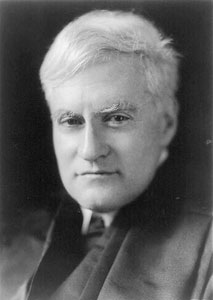 Introduction to Civil Liberties
Introduction to Civil Liberties
Our civil liberties are laid out in the Bill of Rights, but their meaning is determined by the Supreme Court. As Chief Justice Charles Evans Hughes said, "We are under a Constitution, but the Constitution is what the Court says it is." To understand what our rights and liberties are, we must look at what the Court says they are. In this tutorial we will see how the Court has ruled on some First Amendment cases.
Select an image to display a larger view and image caption. View each image as often as you would like and take notes.
-
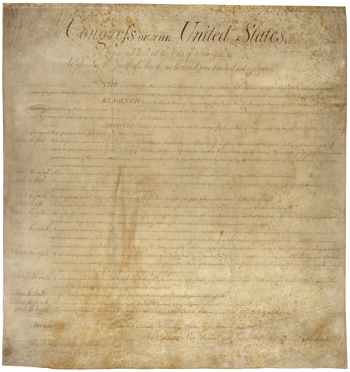
What are Civil Liberties?
Civil Liberties are concerned with basic guarantees and freedoms that are protected from government interference. The United States Constitution protects the citizens "life, liberty and the pursuit of happiness" from government interference. The 1st Amendment protects citizens from government interference, guaranteeing freedom of religion, speech, press and assembly. These rights, including others such as the right to bear arms still stand today as the foundations of United States citizenship.
-
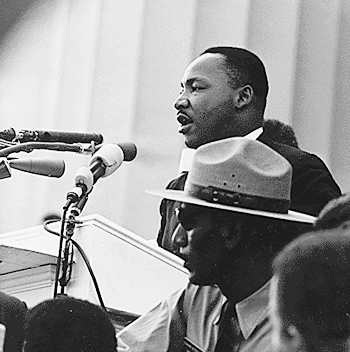
What are Civil Rights?
Civil Rights are the policies designed to guarantee rights of individuals to receive equal treatment under the law.
These laws protect the rights of citizens against discrimination based on such factors as race, sex, and age. Women’s suffrage, child labor laws and the end of racial discrimination in the 1960’s were all civil rights issues.
-

The First Amendment
The First Amendment protects the basic liberties of American citizens against the imposition of the government, including the right to protest government decisions. The Bill of Rights, and specifically the 1st Amendment, addresses grievances that the colonists had with their treatment under the monarchical government of England. The Founding Fathers saw how damaging it could be to the nation if the government was given any power to control these basic liberties and how easily those powers could be extended and abused. The Constitution failed to address these basic principles and therefore the Bill of Rights was added.
-
The Bill of Rights
The Bill of Rights prohibits Congress from making any law establishing religion and prohibits the federal government from depriving any person of life, liberty, or property, without due process of law.
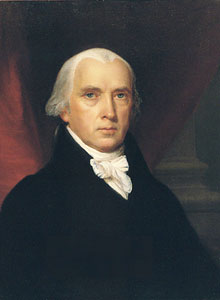
-
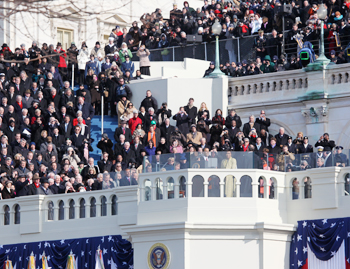
Freedom of Religion
"Congress shall make no law respecting an establishment of religion, or prohibiting the free exercise thereof"
The 1st Amendment to the United States Constitution begins by guaranteeing the freedom of the citizens of the nation to practice their religion freely and equally.
The First Amendment captures the grievances the colonists had with monarchy in England. It also encompasses the nature of the developing nation by not only permitting cultural differences but embracing them and guaranteeing them in their most sacred charters.
"For we know that our patchwork heritage is a strength, not a weakness. We are a nation of Christians and Muslims, Jews and Hindus — and non-believers. We are shaped by every language and culture, drawn from every end of this Earth; and because we have tasted the bitter swill of civil war and segregation, and emerged from that dark chapter stronger and more united, we cannot help but believe that the old hatreds shall someday pass; that the lines of tribe shall soon dissolve; that as the world grows smaller, our common humanity shall reveal itself; and that America must play its role in ushering in a new era of peace." President Barack Obama, January 20, 2009
-
The Establishment Clause
The Establishment Clause of the First Amendment guarantees that the government will not create and/or support an official state religion. By doing so, it protects all religions celebrated in the nation, without one having any power over another. During the monarchical rule of the King's, the power of the church was often used to suppress other cultures in an attempt to homogenize the people into one group. The United States celebrates it’s willingness to build a nation of diverse cultures, beginning with religious beliefs.
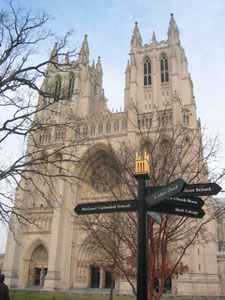
-

Lemon vs. Kurtzman
Private schools such as Marion Catholic High School in Ohio can only receive limited funding from the government and rely on donations and tuition costs.
The Supreme Court of the United States ruled that Pennsylvania's 1968 Nonpublic Elementary and Secondary Education Act, which allowed the state Superintendent of Public Instruction to reimburse nonpublic schools (most of which were Catholic) for teachers' salaries, textbooks and instructional materials, violated the Establishment Clause of the First Amendment. The court determined that the aid furthered religion and created excessive financial entanglement.
The Court's decision in this case established the "Lemon test" determining if a government’s interaction with a religious based entity is appropriate.
The government's action must have a secular legislative purpose; The government's action must not have the primary effect of either advancing or inhibiting religion; The government's action must not result in an "excessive government entanglement" with religion.
-
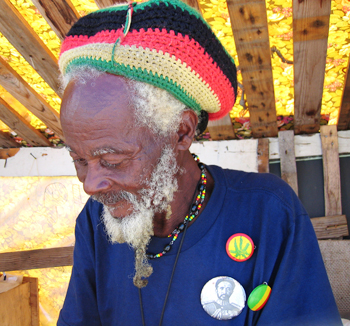
Free Exercise
The Free Exercise Clause prohibits government from interfering with the practice of religion. Some religious practices may conflict with other rights or government obligation, and are, therefore, prohibited. Even though the 1st Amendment protects religious tradition, those traditions cannot contradict other constitutional and federal laws nor hinder or prevent another citizen’s life, liberty or pursuit of happiness.
Rastafarian, among other religions, advocates rituals and traditions that are socially illegal in American. What social problems do you think could arise from allowing all religions to practice their traditions and beliefs freely?
-
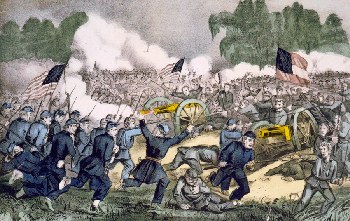
The 14th Amendment
"No state shall:
make or enforce any law which shall abridge the privileges or immunities of citizens of the United States;
nor shall any state deprive any person of life, liberty, or property, without due process of law; nor deny to any person within its jurisdiction the equal protection of the laws."
The 14th amendment helped reverse and prohibit laws that were being passed in the South that limited the freedoms of the newly freed slaves and their newly earned citizenship.
The privilege and immunities clause guaranteed fair treatment for all citizens. The due process clause prohibited states from denying life, liberty or property to persons without due process of law, and the equal protection clause guaranteed equal protection of the laws.
-
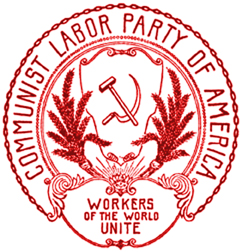
Gitlow vs. New York
Benjamin Gitlow was a prominent New York politician and advocate of Socialism. His publication of the Communist Manifesto "Revolutionary Age" was deemed to incite violence. He was arrested and convicted for violating the New York Criminal Anarchy Law of 1902, which made it a crime to encourage the violent overthrow of government, and was sentenced to 5-10 years in prison.
Gitlow v. New York partially reversed the precedent that the federal courts could not stop the enforcement of state laws that restricted the rights enumerated in the Bill of Rights. The Supreme Court now holds that almost every provision of the Bill of Rights applies to both the federal government and the states. For the first time, the court ruled that the 14th amendment does place a limitation on state infringement on free speech.
-
What is the Incorporation Doctrine?
Selected provisions of the Bill of Rights are applicable to the states through the Due Process Clause of the 14th Amendment.
In 1833 the Supreme Court held in Barron v. Baltimore that the Bill of Rights applied only to the Federal, but not to any State government. A series of cases known as the Slaughterhouse cases helped overturn that doctrine.
The Supreme Court indicated that since no state could deprive liberty to citizens, freedom of speech, found in the 1st Amendment to the Constitution, was a liberty that could not be denied by the states. Although the court did not say that all of the Bill of Rights applied to the states, this was the first step in the development of the incorporation doctrine whereby the Court extended some Bill of Rights protections against state action.
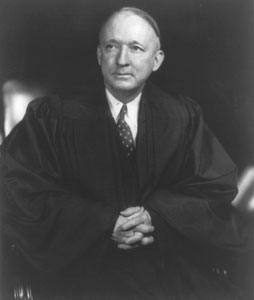
-
Palko vs. Connecticut
Frank Palko broke into a music store and stole a phonograph. When cornered by law enforcement, he killed two police officers and made his escape. He was captured a month later. Palko was charged with first-degree murder but was instead convicted of the lesser offense of second-degree murder and given a sentence of life imprisonment. Prosecutors appealed per Connecticut law and won a new trial, in which Palko was found guilty of first-degree murder and sentenced to death.
Palko appealed, arguing that the Fifth Amendment protection against double jeopardy applied to state governments through the Due Process Clause of the Fourteenth Amendment.
Justice Benjamin Cardozo held that the Due Process Clause only protected those rights that were "of the very essence of a scheme of ordered liberty," and that the court should therefore gradually incorporate the Bill of Rights onto the States as violations arose, based on whether the infringed right met that test. Applying this subjective case-by-case approach the Court upheld Palko's conviction on the basis that the Double Jeopardy appeal was not "essential to a fundamental scheme of ordered liberty." Palko was executed in Connecticut's electric chair for the crime in April, 1938.
